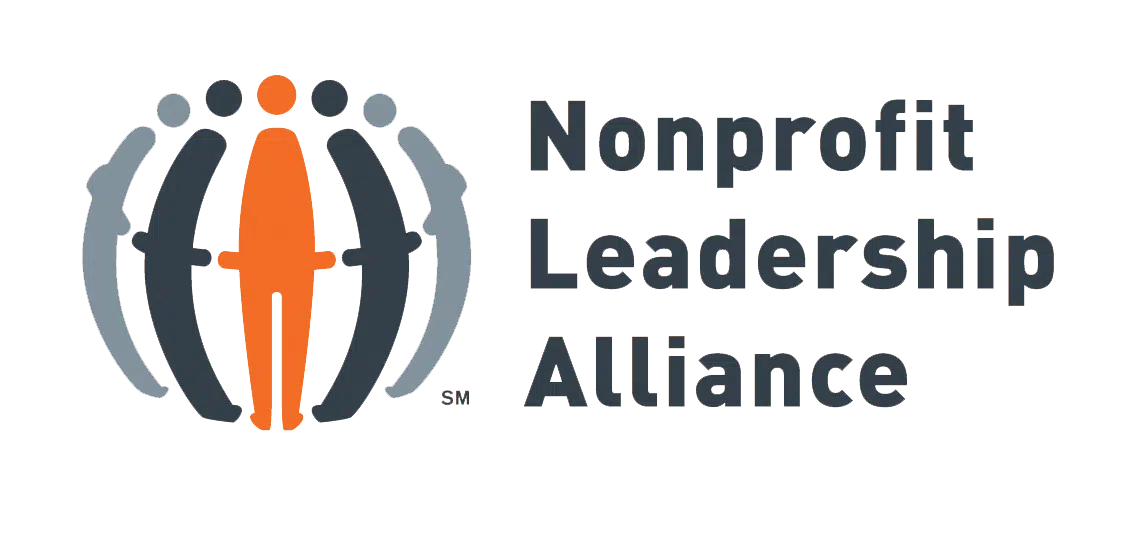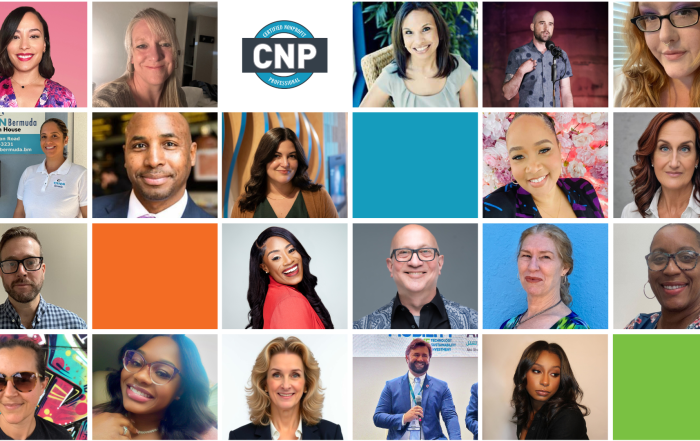The world of nonprofits is a relentless pursuit of positive change. Every dollar raised, every volunteer hour logged, contributes to a mission with the potential to make a real difference.
However, the sector often faces operational and resource constraints. This is where Artificial Intelligence (AI) and Machine Learning (ML) come in, offering a transformative toolbox for non-profits to maximize their impact and revolutionize how they operate.
Understanding these complex, cutting-edge technology strategies and implementations is not as daunting as they seem to be… with the right partner. Simply stated, your data can be put into three buckets:
- Descriptive: “what Did happen”
- Predictive: “what Could happen”
- Prescriptive: “what Should happen”
Nonprofits are data-rich environments and building a structure to utilize these three stages is absolutely critical.
Every donation, every program interaction, and every volunteer record represents a valuable data point and signal. However, managing and analyzing this data can be a time-consuming and resource-intensive task. There are countless AI and ML solutions designed to automate data collection and cleaning, freeing up staff time for more strategic work.
Furthermore, by finding trends and patterns in data, you can make data-driven decisions, leading to a more efficient and impactful organization. From statistical analysis like regressions to LLM (Large Language Model) models, all can be used in your organization.
From Streamlined Operations to Program Optimization
The applications of AI/ML extend far beyond data management. Within operations, you can automate repetitive tasks such as scheduling meetings and sending out reports, allowing staff to focus on higher-level, value-add tasks. Volunteer management is another area ripe for AI-powered improvements. AI algorithms analyze volunteer data and project requirements, creating optimal matches that benefit both parties. Additionally, AI can predict volunteer churn, allowing the organization to implement retention strategies and ensure a steady volunteer base.
Program improvement is another transformative application. By analyzing program data, this can help find areas where programs are succeeding and areas where they fall short. This allows for targeted interventions and resource allocation, maximizing program effectiveness. Moreover, AI for nonprofits can predict program statistical outcomes based on historical data. Armed with this knowledge, nonprofits can optimize their programs to achieve the greatest impact with the resources available.
Securing the Finances and Maximizing Fundraising
AI for nonprofits can automate the generation of detailed financial reports that adhere to fund accounting standards. This fosters transparency with donors and ensures compliance with regulatory requirements. AI can track and categorize donations according to donor restrictions, ensuring funds are used for their intended purposes as outlined in fund accounting principles, with almost real-time reporting.
Additionally, by analyzing historical data on fund usage and program costs, AI can assist in making informed decisions about resource allocation, aligning expenditures with donor intent and maximizing program impact.
Grant writing and management are critical for nonprofit financial sustainability. AI can be used to identify relevant grant opportunities based on an organization’s mission and data, saving staff time and increasing the likelihood of securing funding. Additionally, AI can automate repetitive tasks in grant proposal writing, freeing up staff to focus on the strategic aspects of the application.
Fundraising is the lifeblood of most nonprofits –– we understand that RELATIONSHIPS WILL ALWAYS COME FIRST. Using AI/ML is a powerful toolkit for optimizing fundraising efforts, giving development leaders more tools. By segmenting donors based on past giving patterns and demographics, AI can help tailor outreach and personalize communication, going one step further. This targeted approach allows non-profits to focus on high-touch donors while fostering relationships with all supporters. Furthermore, these strategies analyze data from past campaigns to understand what resonates with donors. This knowledge can be used to craft targeted messaging and optimize future campaigns for maximum impact.
Engaging Donors Like Never Before
Personalized donor engagement is another area where AI/ML shines. It can implement AI-powered discussion tools that answer donor inquiries, volunteer opportunities in real-time, provide 24/7 support and improve the overall donor experience. Additionally, AI for nonprofits can automate personalized thank-you messages and updates, keeping donors informed and engaged with the organization’s work.
Embracing the Future: Considerations and Next Steps
While the potential of AI/ML is undeniable, ethical considerations must be addressed. Data security and privacy are paramount. We prioritize robust data governance practices to protect donor information and comply with all relevant regulations. Transparency is also crucial. We work with our non-profit partners to ensure donors are informed about how their data is being used and have the option to opt out of certain AI-powered interactions.
Optimizing Operations:
- Automate repetitive tasks.
- Match volunteers with ideal projects through machine learning.
- Predict volunteer churn and implement retention strategies.
Transforming Programs:
- Analyze program data to identify areas for improvement.
- Allocate resources strategically for maximum impact.
- Predict program outcomes to optimize effectiveness.
Securing Finances and Maximizing Fundraising:
- Prevent fraud with AI-powered detection of suspicious activity.
- Identify relevant grant opportunities and streamline grant proposals.
- Segment donors and personalize outreach for targeted fundraising.
- Analyze past campaigns to optimize future messaging and channels.
Engaging Donors in New Ways:
- Implement AI for 24/7 donor support.
- Automate personalized thank-you messages, updates and engagement strategies.
Overall Impact:
- Maximize impact and revolutionize how non-profits operate.
- Make data-driven decisions for a brighter future.
About the Author:
Joshua Ibarra, O.i. Strategies
O.i. Strategies was founded in 2020 with a single mission: to use data as a resource when there are few available. We approach each of our clients with fresh eyes to develop customized, unique strategies based on data-driven decisions.
Choosing the right AI tools can be daunting. I understand this. We carefully assess a non-profit’s needs and resources before selecting solutions for a suite of AI tools specifically designed for non-profit organizations, making this technology increasingly accessible.
Did you enjoy this story?
Get nonprofit tips and tools delivered right to your inbox by joining The Nonprofit Leadership Alliance Newsletter. Our bimonthly newsletter will make sure you know what’s happening with our network of social sector leaders.
Types of Tools to Strengthen Your Grants Compliance Approach
When grant funding is an important revenue source, grant compliance becomes critical to nonprofit success. Without it, grant funding could be jeopardized, putting vital programs and initiatives at risk. This makes optimizing your grants compliance
Introducing April 2025’s Certified Nonprofit Professional (CNP) Cohort
The Nonprofit Leadership Alliance is proud to introduce April 2025’s Certified Nonprofit Professional (CNP) Professional Track cohort! This group of nonprofit professionals have begun their six-month journey, participating in one of only four cohorts offered
How Darcy Swan, CNP, Leads Youth Development at the YMCA of Greater Kansas City
Amid a whirlwind of shifting priorities and tight deadlines looming in 2025, Darcy Swan, CNP, does what she always does. She pauses to make space for people. Her team had been stretched thin. Last-minute changes



